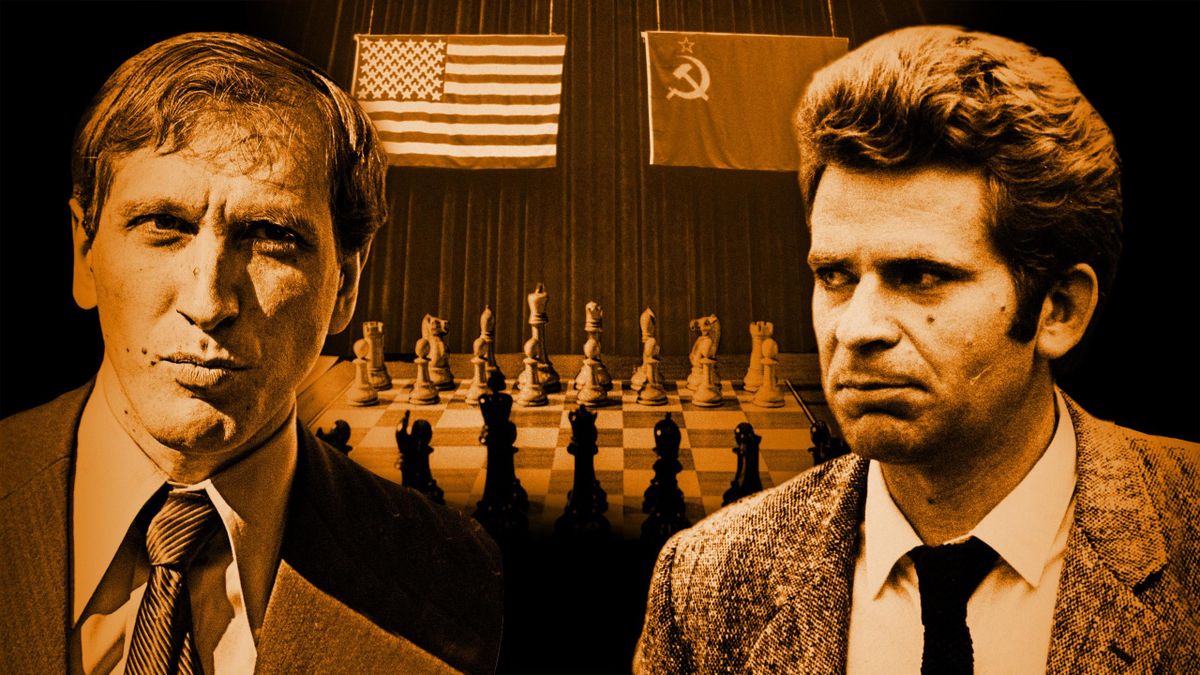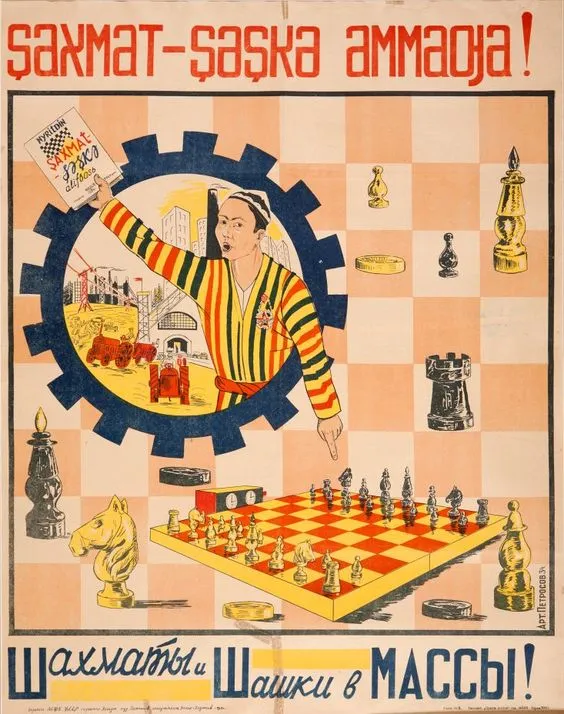
Throughout the centuries, chess has not only been a game, but a political and ideological metaphor of extraordinary power. States and nations, powers and counterpowers, rulers and enemies, have been symbolized on the checkerboard, where planning beforehand seems to resemble actual war and negotiating.

Perhaps the greatest political chess moment in history was played during the Cold War-era during the “Match of the Century” of 1972, when Soviet champion Boris Spassky and American grandmaster Bobby Fischer faced each other. The game became a proxy match for the two superpowers of the time, with every move serving as an agent for their geopolitics, which were strained at the moment. The Soviet Union dominated the world of chess for years, seeing chess as a sign of their political and strategic genius. The victory of Fischer was celebrated as a symbol of the victory of the West, gaining an audience for chess as being a game but so much more - a representation of national and political strength.

Chess has also influenced contemporary diplomatic affairs. Russian masters like Garry Kasparov, have utilized their reputation for political activism and have even been critical of government policy. Leaders have also likened chess to their policies on occasion when speaking of the governance of power, warfare strategy, and even election campaigning. Analysing chess in relation to politics allows us to discover how the game, as old as it is, still influences discourses about power, competition, and diplomacy.
.png)
References:
BBC
Mauricio Ferro
Medium
The Phillipian
The Free Russia Forum
YouTube
Chess.com
The Kyiv Independent
Eurosport
Chess.com